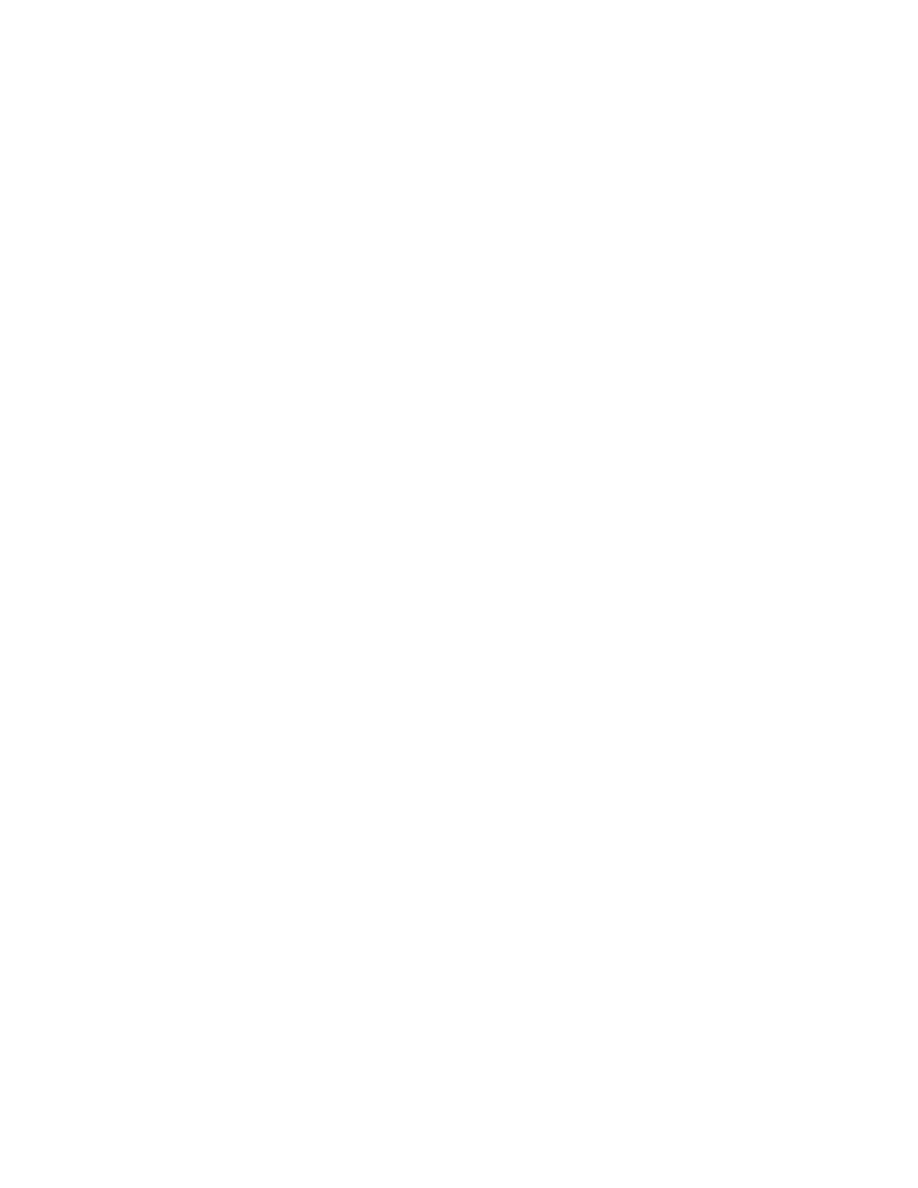C 2500 Truck 2WD V8-5.7L VIN R (1997)

Oversize Rear Crankshaft Bearing Thrust Faces
1. Some engines have rear crankshaft bearings that are 0.2032 mm (0.008 inch) wider than standard across the thrust faces.
2. The crankshaft on these engines can be identified by .008 stamped on the rear counterweight.
3. If the rear crankshaft bearings are replaced, they must have the proper distance between thrust faces in order to obtain correct crankshaft end
play.
INSTALLATION
NOTE: If undersized bearings are used, ensure that the bearings are fitted to the proper journals.
1. Install the upper crankshaft bearings to the block.
2. Install the lower crankshaft bearings to the crankshaft bearing caps. Lubricate the crankshaft bearings with clean engine oil.
3. Install the crankshaft.
CAUTION: In order to prevent the possibility of cylinder block or crankshaft bearing cap damage, the crankshaft bearing caps are tapped into the
cylinder block cavity using a brass, lead, or a leather mallet before the attaching bolts are installed. Do not use attaching bolts to pull the
crankshaft bearing caps into the seats. Failure to observe this information may damage a cylinder block or a bearing cap.
NOTE: Ensure that the arrows on the crankshaft bearing caps are facing the front of the engine.
4. Install the crankshaft bearing caps and the bolts to the block in their correct position and location. Do not Install the rear crankshaft bearing cap at
this time.
-
Tighten the inboard crankshaft bearing cap bolts to 100 Nm (74 ft. lbs.).
-
On the four bolt bearing caps, tighten the outer bolts to 90 Nm (67 ft. lbs.).
5. Install the rear crankshaft bearing cap to the block.
6. Install the rear crankshaft bearing cap bolts to the block.
-
Temporarily tighten the bolts to 4 Nm (35 inch lbs.).
7. Measure the crankshaft end play:
a. Firmly thrust the crankshaft first rearward then forward. This movement will line up the rear crankshaft bearing and the crankshaft thrust
surfaces.
-
Tighten the rear crankshaft bearing cap bolts to 100 Nm (74 ft. lbs.).
b. With the crankshaft wedged forward, measure at the front end of the rear crankshaft bearing with a feeler gauge. The proper clearance is
0.05-0.02 mm (0.002-0.008 inch).
c. If the correct end play cannot be obtained, ensure the correct size rear crankshaft bearing has been installed. Production engines may have rear
crankshaft bearings that are 0.2032 mm (0.008 inch) wider across the thrust faces than standard, as explained previously.
8. Inspect the crankshaft binding), complete the-following steps:
a. Try turning the crankshaft in order to check for binding.
b. If the crankshaft does not turn freely, loosen the crankshaft bearing cap bolts on one cap at a time until the tight bearing is located.
9. A lack of clearance at the bearing may be caused by the following conditions:
-
Burrs on the bearing cap
-
Foreign matter between the bearing and the block
-
Foreign matter between the bearing and the bearing cap
-
A bent crankshaft
